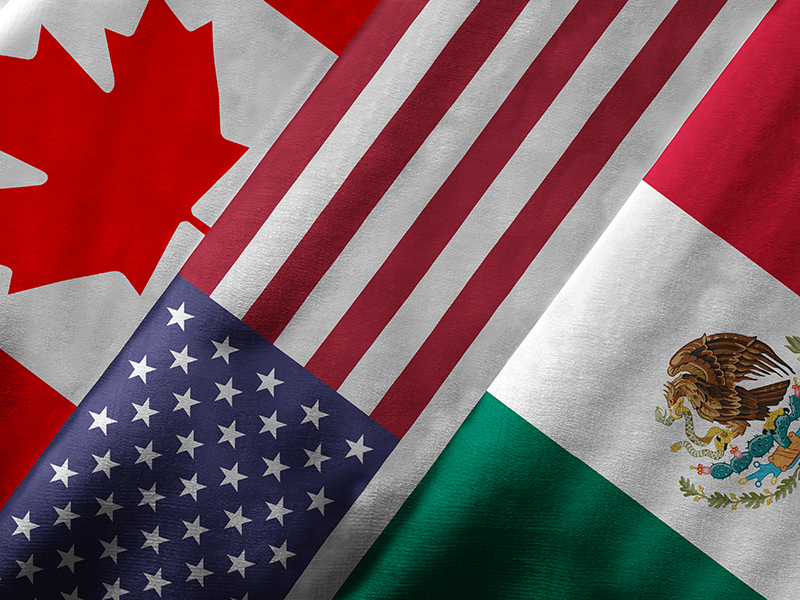
After a difficult 2018, emerging market debt has rebounded.
Many of last year’s challenges owed to the strong U.S. dollar, said Richard Lawrence, senior vice-president, portfolio management, at Brandywine Global Investment Management in Philadelphia, Pa.
“It was more of a run on sentiment than it was a deterioration of fundamentals in emerging markets,” he said in a May 10 interview.
Those fundamentals are more attractive now, said Lawrence, whose firm manages the Renaissance Global Bond Private Pool. “Leading indicators have clearly turned higher now. Emerging market PMI [purchasing managers’ indexes] look better than they do in advanced economies.”
Emerging markets, in aggregate, have cut their current account deficits in half, said Lawrence, making for attractive places to invest.
“Certainly, there’s a degree of political risk to consider, but you could argue that’s also true in the U.S., the U.K., Europe, and lots of developed markets,” he said.
Lawrence noted several markets he favours at the moment, including Malaysia, Poland, Brazil and Indonesia. He also has some exposure to Chile, South Africa and Colombia.
However, Mexico is his top pick. Lawrence was speaking before the intensification of U.S. trade wars last month. In addition to raising tariffs on US$200 billion of Chinese goods to 25%, U.S. President Donald Trump threatened tariffs against Mexico unless the Mexican government took measures to prevent migrants from crossing into the U.S.
Trump cancelled the tariffs before they were set to take effect.
“Think of Mexico as a high-beta play on the U.S. economy,” Lawrence said. “We think the U.S. economy, while it’s slowing from the highs of mid-2018, still looks in pretty good shape. The U.S. probably grows around the 3% level this year. That should be good for Mexican assets, [which] continue to be undervalued.”
After rising last fall, Mexican bond yields have rallied, he said. And while the market is awaiting the outcome of the new NAFTA deal, Lawrence said he thinks both Mexico and Canada will benefit when it’s signed.
Riskier markets
There are some “problem children in emerging markets,” Lawrence warned, such as Venezuela, and he’s cautious on markets like Argentina and Turkey that are “vulnerable to higher dollar-funding costs.”
“Those are the ones that came under the most pressure last year,” he said of Argentina and Turkey. “They’re also going through very unconventional monetary policy cycles. Right now, they have some inflation pressures that they’re dealing with. So those are two markets we’re less excited about.”
Argentina’s annual inflation has been on a steady incline since last year, surpassing 57% in May. Meanwhile, Turkey’s annual inflation was 18.7% in May after exceeding 25% in October.
Lawrence said he had some exposure to Turkey a couple of years ago but he’s since become concerned about the administration of President Recep Tayyip Erdogan’s interference with the central bank.
“Any time you see signs that it looks like the central bank may be coming under some political interference from the central government, you start to worry,” he said. “Because if the central bank can’t enact a traditional monetary policy cycle, that makes it very difficult to handicap the direction of assets in that particular market.”
Lawrence said the central bank hasn’t been aggressive enough in raising rates, despite high inflation.
“Obviously, raising rates high enough will cause the economy to slow down too much and, eventually, you’ll have the economy go into recession. Clearly, Erdogan’s administration doesn’t want that to happen,” he said.
“So you’re seeing a little bit of interference with the policy cycle, and that’s an example of what might keep us away from investing in a particular market.”
This article is part of the AdvisorToGo program, powered by CIBC. It was written without input from the sponsor.